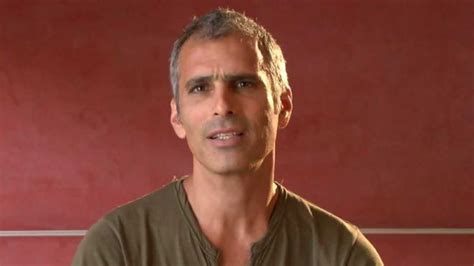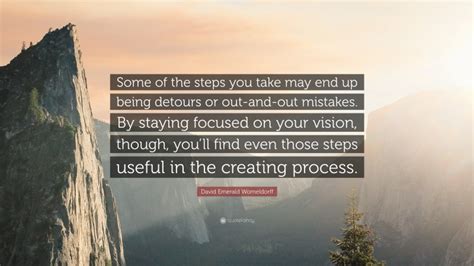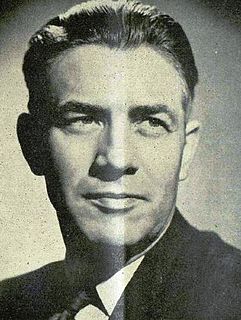A Quote by Susan Sontag
Indeed, the very first acknowledgment (as far as I am aware) of the attraction of mutilated bodies occurs in a founding description of mental conflict. It is a passage in The Republic, Book IV, where Plato’s Socrates describes how our reason may be overwhelmed by an unworthy desire, which drives the self to become angry with a part of its nature.
Related Quotes
Socrates: Have you noticed on our journey how often the citizens of this new land remind each other it is a free country? Plato: I have, and think it odd they do this.Socrates: How so, Plato?Plato: It is like reminding a baker he is a baker, or a sculptor he is asculptor.Socrates: You mean to say if someone is convinced of their trade, they haveno need to be reminded.Plato: That is correct.Socrates: I agree. If these citizens were convinced of their freedom, they would not need reminders.
No reason to get angry at anybody for slapping you literally or figuratively. It's just nature unfolding perfectly and obviously that slap is part of my process that is shaping me as I become all I'm becoming. I'm sure this understanding will be a big help to us in our yoga practice and also as a teacher. More than anything though, it will affect the way we look at everything in our life, which affects how we respond to things.
Are not gross bodies and light convertible into one another; and may not bodies receive much of their activity from the particles of light which enter into their composition? The changing of bodies into light, and light into bodies, is very conformable to the course of Nature, which seems delighted with transmutations.
Victims may be defensive, submissive, over-accommodating to others, passive-aggressive in conflict, dependent on others for self-worth, overly sensitive, even manipulative. They're often angry, resentful, and envious, feeling unworthy or ashamed about their circumstances. Have you ever felt or acted this way?
It is indeed remarkable that the nature of our dealings with our fellowmen will determine, in large measure, our status in the kingdom of heaven....We may attend to rites and rituals and yet overlook the weightier matters such as brotherly kindness, honesty, mercy, virtue, and integrity. Let us never forget that if we omit them from our lives we may be found unworthy to come into His presence.
The conflict will always beyond ur strength.The enemy always pushes us beyond our personal, inbred, preset limits concerning how far we'll go for God:"Here's how far I'm going to love,this is how many times I'll turn the other cheek."The test kills the limits of our humanity,til we're like Christ in everything We're left with a choice:Become Christlike or gradually shrivel into superficial hypocrites: angry people who have stopped walking with God, who blame others for our bitterness.
Spiritual seeking means knowing this negative part: that desiring is the root cause of frustration. To desire is to create, of one`s own accord, a shell. Desiring is the world. To be worldly is to desire and to go on desiring, never becoming aware that each desire comes to nothing but frustration. Once you become aware of this, then you do not desire, or your only desire is to know what is.
I cannot favour laws such as that of Idaho, which allows sterilization of 'mental defectives, epileptics, habitual criminals, moral degenerates, and sex perverts.' The last two categories here are very vague . . . The law of Idaho would have justified the sterilization of Socrates, Plato, Julius Caesar, and St. Paul.
I am Plato's Republic. Mr. Simmons is Marcus. I want you to meet Jonathan Swift, the author of that evil political book, Gulliver's Travels! And this other fellow is Charles Darwin, and-this one is Schopenhauer, and this one is Einstein, and this one here at my elbow is Mr. Albert Schweitzer, a very kind philosopher indeed. Here we all are, Montag. Aristophanes and Mahatma Gandhi and Gautama Buddha and Confucius and Thomas Love Peacock and Thomas Jefferson and Mr. Lincoln, if you please. We are also Matthew, Mark, Luke, and John.



































